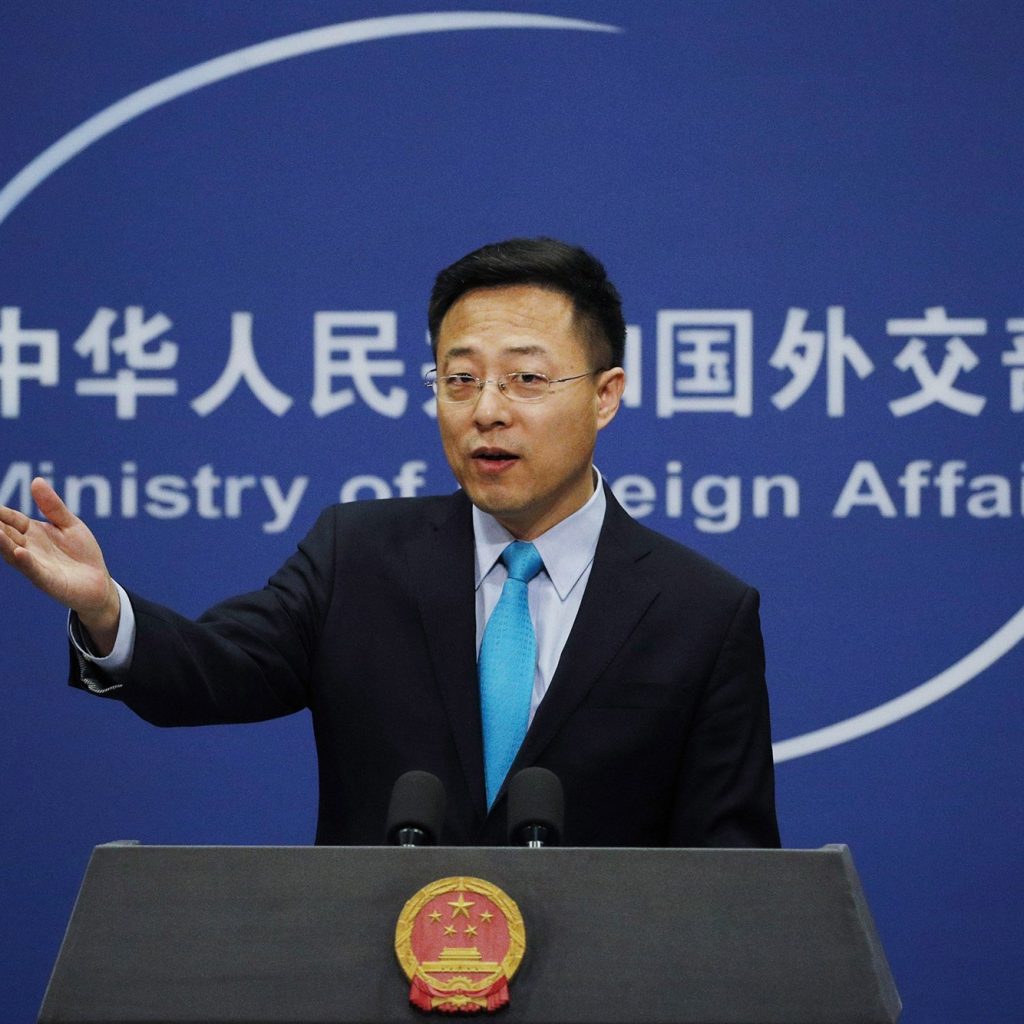China’s COVID-19 Offensive: Convincing the World?

As the world continues to grapple with COVID-19, China has gone on both a global information offensive and entered damage control through disinformation. China has donated large quantities of personal protective equipment (PPE) around the world, and even sent Chinese medical experts across the globe to assist with the response to the coronavirus.
China clearly fears that as the cloud of COVID-19 lifts, fingers will be pointed at China for covering up the virus during the crucial first weeks of its discovery.
Chinese diplomats have taken to Twitter en masse – ironically, a social media platform inaccessible to the masses in China – to push the narrative of a strong China successfully fighting off the virus in their own country and exporting their expertise and supplies abroad. These efforts have also taken a darker turn, with state media and diplomats pushing conspiracy theories that the virus was brought to Wuhan by the US military last year.
But is this strategy working?
From India, Germany, and – unsurprisingly – the US, it would appear that China’s efforts are not paying off.
This week Julian Reichelt, the editor of the tabloid Bild, Germany’s largest newspaper, launched an attack against China. Reichelt concluded his tirade with some worrying words for China, if this attitude prevails across Europe and the globe:
Your embassy tells me that I am not living up to the “traditional friendship of our peoples.” I suppose you consider it a great “friendship” when you now generously send masks around the world. This isn’t friendship, I would call it imperialism hidden behind a smile – a Trojan Horse.
You plan to strengthen China through a plague that you exported. You will not succeed. Corona will be your political end, sooner or later.
In the US, more than two thirds of Americans view China unfavorably, up from just 47 percent two years ago, according to a recent Pew poll. And China appears to be scoring own-goals: The Chinese Consulate in Chicago wrote to the President of the Wisconsin State Senate this month with a fully drafted resolution attached for the Senate’s adoption which read,
China has been transparent and quick in sharing key information of the virus with the WHO and the international community, thus creating a window of opportunity for other countries to make timely response
Instead, State Senate President Roger Roth drafted his own resolution,
Acknowledging that the Communist Party of China deliberately and
intentionally misled the world on the Wuhan Coronavirus and standing in solidarity with the Chinese people to condemn the actions of the Communist Party of China.
In India, there should be celebration for the 70th anniversary of the establishment of diplomatic relations with the People’s Republic. Instead, attitudes are hardening, especially among younger people, and it appears that more Indians are blaming China for the coronavirus than they are thanking China for its help.
In a recent piece in The Atlantic, Tanvi Madan of Brookings said that China still thinks “that their primary audience is the Indian government [because] that’s who they can get stuff done with.” But the article concluded with why this may be a problem for China:
This may be the case for now, but it could prove problematic for Beijing in the long term. After all, how India—and, indeed, the rest of the world—perceives China in this moment will likely impact its global perception long after the pandemic has passed. “Being oblivious to the sentiments of 1.3 billion people of a country whose median age is 27 is not a sign of wisdom,” Nitin Pai, a co-founder and the director of the Takshashila Institution, told me in an email, “for they will see you as an adversary for the rest of their long lives.”











